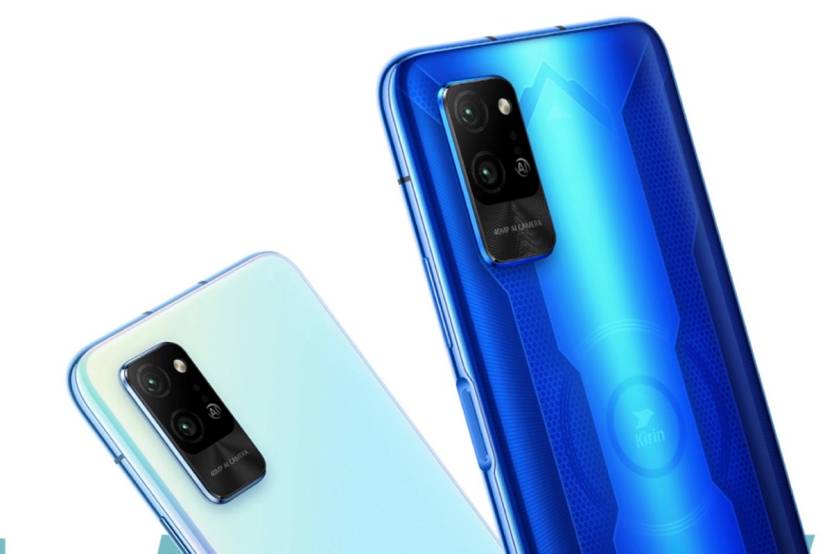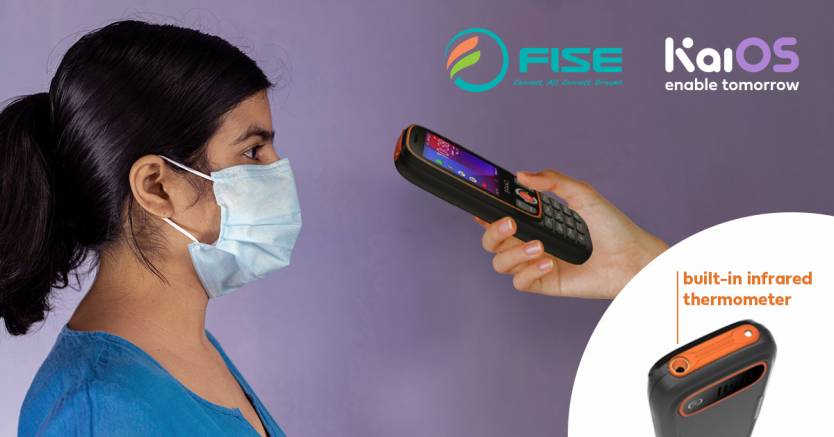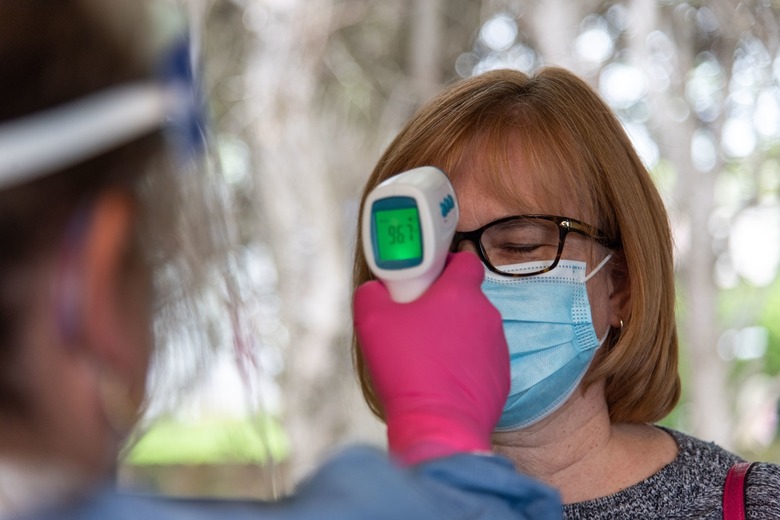The First Phones That Can Check Your Temperature Are Here
- Screening for coronavirus symptoms like fever is a simple solution that authorities can enforce as they open local economies.
- Fever checks could help with early detection of potential COVID-19 patients, and limit the spread of the disease as more people return to some sense of normalcy.
- Infrared thermometers and cameras can help with temperature screenings, but phones can also be used to detect this particular COVID-19 sign. The first mobile devices with built-in IR sensors are already here.
Several countries and regions were able to flatten the curve, as the novel coronavirus moved to other continents. But the risk hasn't vanished. The virus is just as powerful as before, and new outbreaks are possible if containment measures aren't enforced as economies reopen. Social distancing is still required, and face masks can stop the spread of the virus. You should also keep washing your hands as often as possible and disinfect surfaces and objects. One other minor thing authorities should enforce is temperature checks, especially in crowded places. Fever is one of the symptoms COVID-19 patients can experience, although studies have shown that not all those infected will report fevers. Nonetheless, fever screening can help find individuals who may be infected with SARS-CoV-2 or a different virus. That's probably why the first phones with temperature sensors are already here.
The first handset to come with a temperature fever is the Play 4 Pro from Huawei subsidiary Honor. The company posted a clip on Weibo to demo the feature in action. All you have to do to get a reading is to point the device to someone's forehead, and the built-in app will give you a temperature reading. It all happens via an infrared sensor that can measure temperatures between -20°C (-4°F) to 100°C (212°F), per Ars Technica. IR temperature checks might not be as accurate as thermal cameras or regular thermometers, but these devices might still be useful at finding people with fever.

Honor Play 4 Pro rear camera system includes IR thermometer.
The new Honor phone costs around $422, and will offer a few interesting high-end specs, including a 6.57-inch hole punch LCD screen, Kirin 990 processor, 8GB of RAM, 128GB of storage, 5G support, dual-lens rear camera, and 4,200 mAh battery. The problem with the Play 4 Pro is that it ships with Huawei's version of Android 10, which comes without Google services. Huawei is banned from doing business with US tech companies, and the ban applies to Honor as well.
The other handset to pack a built-in infrared thermometer is a feature phone running on KaiOS. The Fise phone supports temperature check readings " accurate down to 0.2 degrees Celsius," according to a press release.

Fise feature phone with built-in IR thermometer.
The phone might not be as exciting as a smartphone, but it still offers 4G connectivity, and access to a few popular apps, including Google Assistant, WhatsApp, YouTube, Facebook, and Google Maps. The price of the handset hasn't been announced, but the device will be even more affordable than the Honor Play 4 Pro.
